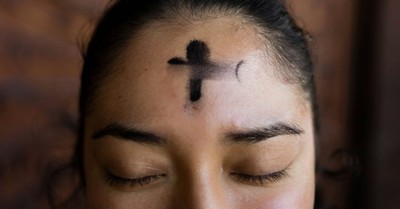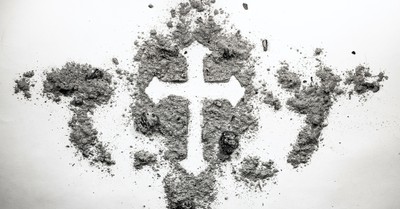Leviticus 11:1-25
Clean and Unclean Animals
111 God spoke to Moses and Aaron: 2 "Speak to the People of Israel. Tell them: Of all the animals on Earth, these are the animals that you may eat: 3 "You may eat any animal that has a split hoof, divided in two, and that chews the cud, 4 but not an animal that only chews the cud or only has a split hoof. For instance, the camel chews the cud but doesn't have a split hoof, so it's unclean. 5 The rock badger chews the cud but doesn't have a split hoof and so it's unclean. 6 The rabbit chews the cud but doesn't have a split hoof so is unclean. 7 The pig has a split hoof, divided in two, but doesn't chew the cud and so is unclean. 8 You may not eat their meat nor touch their carcasses; they are unclean to you.
9 "Among the creatures that live in the water of the seas and streams, you may eat any that have fins and scales. 10 But anything that doesn't have fins and scales, whether in seas or streams, whether small creatures in the shallows or huge creatures in the deeps, you are to detest. 11 Yes, detest them. Don't eat their meat; detest their carcasses. 12 Anything living in the water that doesn't have fins and scales is detestable to you. 13 "These are the birds you are to detest. Don't eat them. They are detestable: eagle, vulture, osprey, 14 kite, all falcons, 15 all ravens, 16 ostrich, nighthawk, sea gull, all hawks, 17 owl, cormorant, ibis, 18 water hen, pelican, Egyptian vulture, 19 stork, all herons, hoopoe, bat.
20 "All flying insects that walk on all fours are detestable to you. 21 But you can eat some of these, namely, those that have jointed legs for hopping on the ground: 22 all locusts, katydids, crickets, and grasshoppers. 23 But all the other flying insects that have four legs you are to detest. 24 "You will make yourselves ritually unclean until evening if you touch their carcasses. 25 If you pick up one of their carcasses you must wash your clothes and you'll be unclean until evening.



.jpg)
Matthew Henry's Commentary on Leviticus 11:1-25
Chapter Contents
What animals were clean and unclean.
These laws seem to have been intended, 1. As a test of the people's obedience, as Adam was forbidden to eat of the tree of knowledge; and to teach them self-denial, and the government of their appetites. 2. To keep the Israelites distinct from other nations. Many also of these forbidden animals were objects of superstition and idolatry to the heathen. 3. The people were taught to make distinctions between the holy and unholy in their companions and intimate connexions. 4. The law forbad, not only the eating of the unclean beasts, but the touching of them. Those who would be kept from any sin, must be careful to avoid all temptations to it, or coming near it. The exceptions are very minute, and all were designed to call forth constant care and exactness in their obedience; and to teach us to obey. Whilst we enjoy our Christian liberty, and are free from such burdensome observances, we must be careful not to abuse our liberty. For the Lord hath redeemed and called his people, that they may be holy, even as he is holy. We must come out, and be separate from the world; we must leave the company of the ungodly, and all needless connexions with those who are dead in sin; we must be zealous of good works devoted followers of God, and companions of his people.